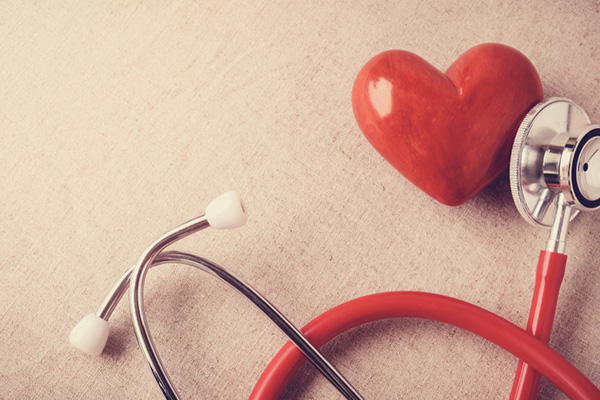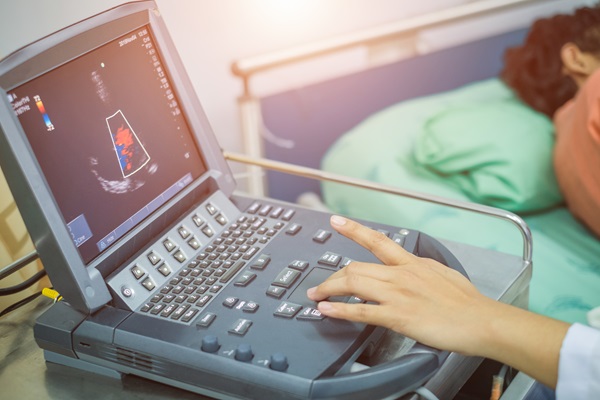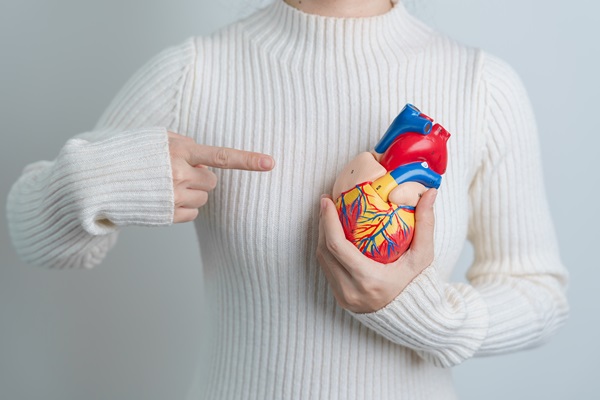Questions Heart Patients Are Asking About COVID-19

Cardiology/heart departments know all about treating patients. People with these issues can fall prey to other illnesses. Heart disease can cause issues with other parts of the body. COVID-19 has spread throughout the world. Cardiology patients have become more mindful of how this disease can affect them. If you have these same worries, learn everything you can about the virus.
Preventive measures
The infectious coronavirus can spread to people of all ages and from all walks of life. There are effective strategies for avoiding it. People with cardiology/heart problems should take particular notice of these tactics. People should stay at home as much as possible and avoid all non-essential gatherings. If people must go out, they should stay within 6 feet of others. Frequent handwashing and cleaning surfaces are important.
Questions about catching the disease
Individuals with cardiology/heart concerns want to know how the disease is transmitted. Like the flu, the virus spreads from one person to another through droplets. This transmission occurs through coughing, sneezing or speaking. A person can also get the disease by touching an infected surface. COVID-19 can live on most surfaces for up to 72 hours. If a person is out in public places, they should wear a mask.
Questions about the seriousness of the symptoms
A person with COVID-19 will likely have a fever, dry cough and shortness of breath. In most cases, these symptoms are minor and require rest and self-care to recover. People with cardiology/heart disease, are more likely to experience severe symptoms. A damaged heart has trouble getting oxygen throughout the body. Add the coronavirus to the equation, and breathing could be challenging. Heart troubles put a COVID-19 patient at a higher risk of requiring hospitalization.
Questions about recovery
Most people with COVID-19 recover within 14 days. Up to 80% of all cases do not require medical intervention. A patient with cardiology/heart disease, however, may have more trouble recovering. One reason for this is that such a patient will have a weaker immune system. Heart troubles can make it challenging to fight off other health conditions, including the coronavirus.
Questions about cardiology/heart care during the pandemic
In most places around the world, health and government officials have shut down non-essential businesses. Doctors have even postponed most non-emergency health procedures. This raises questions among heart patients. Routine checkups may have to wait until lockdown periods are over. However, cardiovascular patients who need immediate medical help can still make an appointment with their doctor. Also, patients should not hesitate to fill and pick up prescriptions.
Your health is crucial
During this time of uncertainty, be vigilant about your well-being. If you are seeing a doctor for cardiology/heart problems, listen to the advice of health professionals. You are more at risk of getting COVID-19 and having severe complications with the disease. Act wisely and take care of yourself during this time. If you start feeling coronavirus symptoms, call your health care provider right away. Otherwise, follow the prevention guidelines, and you can stay healthy.
Get more information about Florida Premier Cardiology in Boynton Beach at https://boyntonbeach.floridapremiercardio.com.
Check out what others are saying about our services on Yelp: Read our Yelp reviews.
Recent Posts
Echocardiograms use ultrasounds, or sound waves, to quickly and efficiently get information about your heart. A cardiologist uses an echocardiogram when they have questions or concerns about the size, shape, and performance of your heart and its structures, such as the valves and chambers. This minimally invasive procedure can help cardiologists identify and diagnose various…
Vascular heart disease affects over 8 million people in the United States, according to the Centers for Disease Control and Prevention (CDC). Vascular disease treatment has traditionally been associated with open-heart surgery to repair or replace the affected heart valve, which can cause health complications and lead to extensive hospital stays and recovery time. Additionally,…
While chest pain may be uncomfortable, anxiety-inducing, and signal a more serious issue, a cardiologist can diagnose the source of the issue and provide treatment. This treatment plan will help patients manage this dull or sharp pain, often involving simple lifestyle changes that improve not only heart health but also one's overall sense of well-being.Getting…
Heart specialists diagnose and treat diseases or conditions of the cardiovascular system. These medical practitioners, also known as cardiologists, have specialized knowledge and skills to assess and manage conditions affecting the heart and blood vessels. If you are concerned about diseases affecting your cardiovascular health, a heart specialist can diagnose and treat these issues and…


